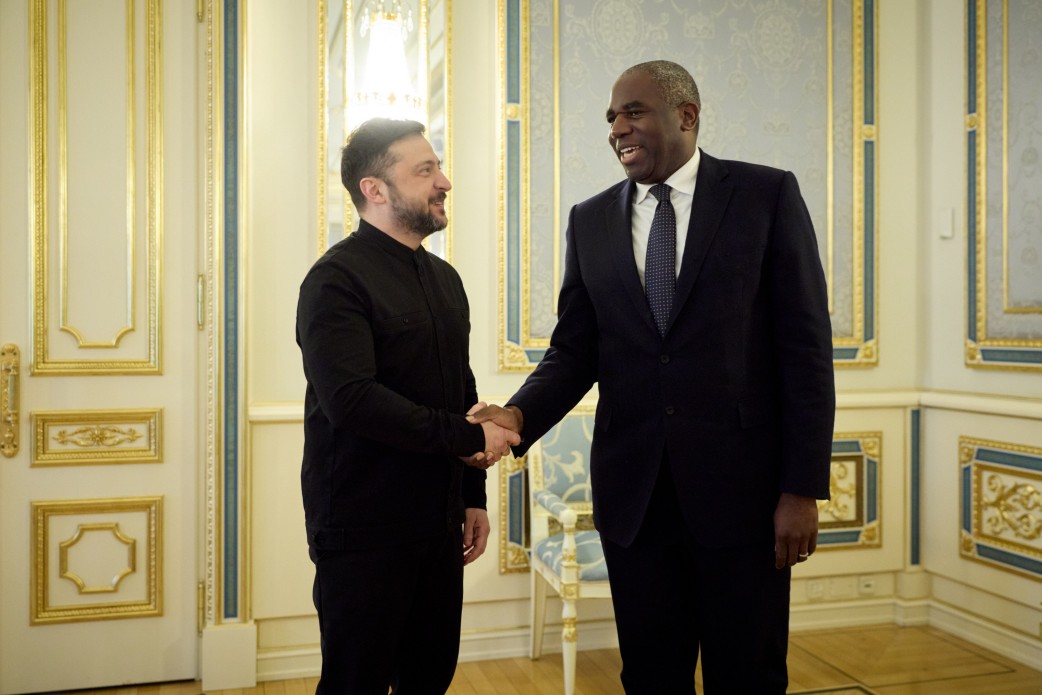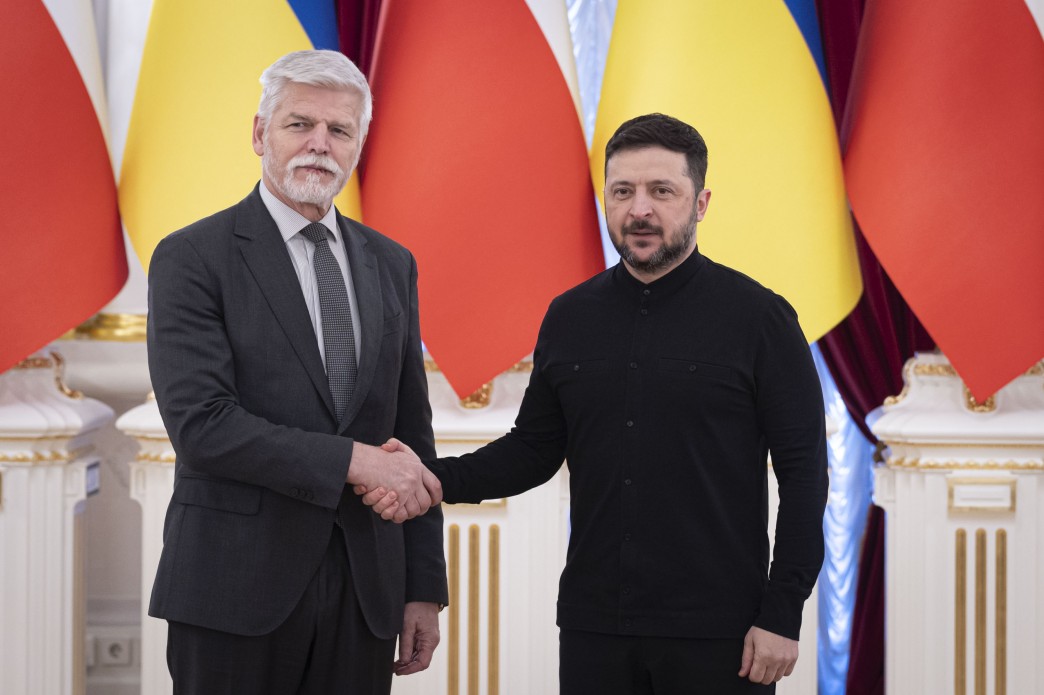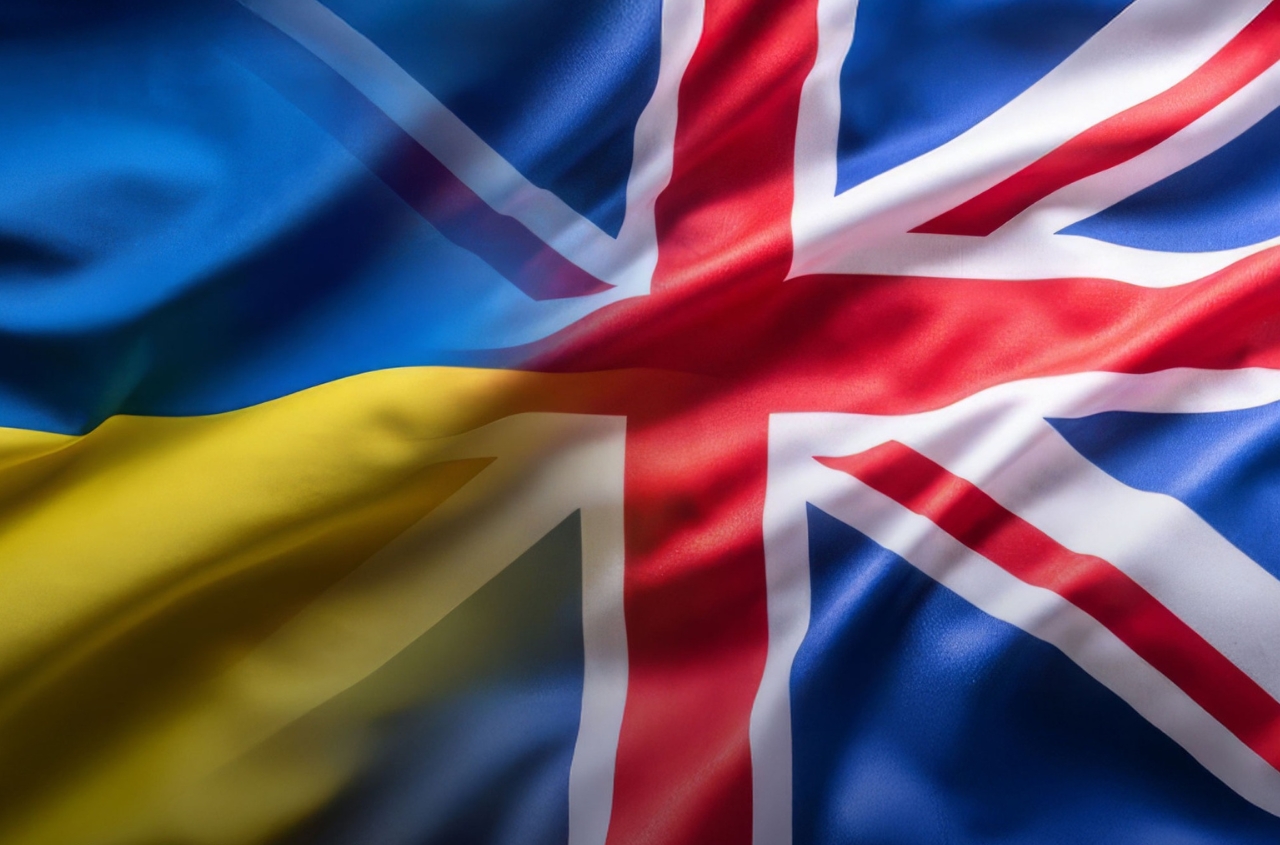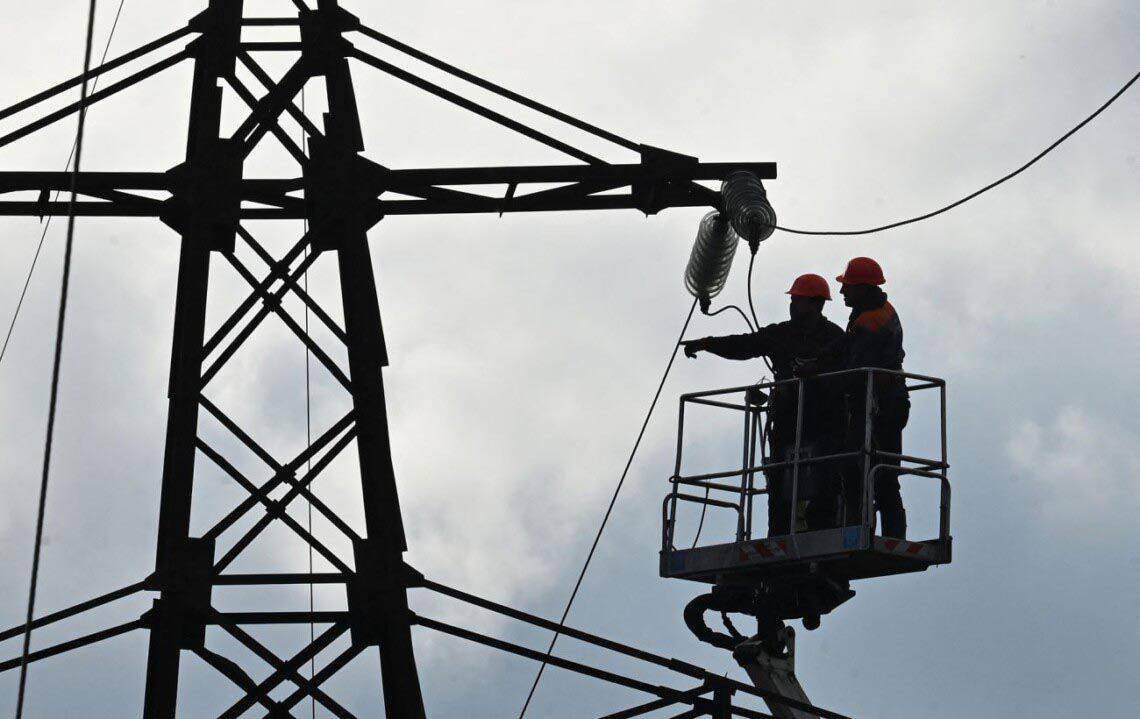Ukraine has the potential to produce 90% of the construction materials required for post-war reconstruction. To achieve this, the country needs to focus on attracting investments into the construction materials sector. These findings were presented by analysts from the Kyiv School of Economics (KSE) on August 8 in their comprehensive study of Ukraine's construction industry.
Experts assessed the war's impact, the scale of infrastructure damage, and the investment needed for reconstruction. This study was made possible by the European Business Association. Preliminary estimates suggest that nearly $65 billion will be needed just for construction materials.
"This research confirms that, with the right steps, we can create added value from producing construction products within Ukraine. More than 90% of existing and potential production capacities can support the reconstruction of planned facilities. Additionally, we could create about 180,000 jobs—more than before the full-scale invasion. Naturally, we will also pay more taxes and higher wages," said Olena Shuliak, head of the Servant of the People party and chair of the parliamentary committee on state governance and local self-government.
She added that Ukraine needs to ensure minimal regulatory and investment barriers for construction material producers to allow their development.
As of now, the volume of foreign and Ukrainian investments in the construction materials sector exceeds $730 million despite the war, according to KSE. The main problem for producers is a significant decrease in demand for construction materials, ranging from 25% to 40% compared to pre-war levels. Therefore, investment in the sector is strategically important for future development, according to the analysts.
According to the Ukrcement Association, peak demand for cement could reach 14 million tons per year, necessitating preparation of Ukrainian production. This includes building clinker kilns to increase production capacity by more than 2.4 million tons. There is also expected high demand for concrete, metal structures, bricks, glass, and thermal insulation materials.
Maxym Nefyodov, Director of Innovative Solutions at KSE Institute, noted that the reconstruction of Ukraine presents a significant opportunity for all companies in the construction materials sector in the country.
“This is not only a substantial increase in demand amid complicated import logistics but also new construction standards considering build-back-better principles. Businesses ready for such challenges can not only scale up but also be motivated to transition to new levels in terms of energy efficiency, environmental sustainability, and more,” he said.
Among active investment projects in Ukraine, KSE listed:
- Irish company Kingspan Group started a project worth over $280 million.
- Ukrainian investment company EFI Group plans to build the Novasklo plant for float glass and specially coated glass with an investment of nearly €232 million. Another Ukrainian company, City One Development, is building a glass factory in Beryozan worth €100 million and plans another plant in central Ukraine.
- CRH invested $80 million in Ukraine, including $34 million for a cement terminal in Kyiv region. In 2024, the company plans to acquire two plants from Italian company Buzzi for €100 million, with the deal in the final review stage at the Antimonopoly Committee of Ukraine.
- French group Saint-Gobain has begun constructing a dry building mixtures factory in Ivano-Frankivsk region with an investment of €9 million.
Other investors mentioned in the report include Kreisel (investing $5 million, with plans for $10 million), MC-Bauchemie (planning to invest $1.5 million), GreenMix, and Miraplast.
Investors have emphasized environmental projects, renewable materials, and the modernization of facilities. Companies like Kingspan, Saint-Gobain, and CRH have highlighted the importance of implementing ecological solutions in their projects.
According to the World Bank, the total cost of rebuilding Ukraine exceeds $400 billion, not including occupied territories and Crimea.




















